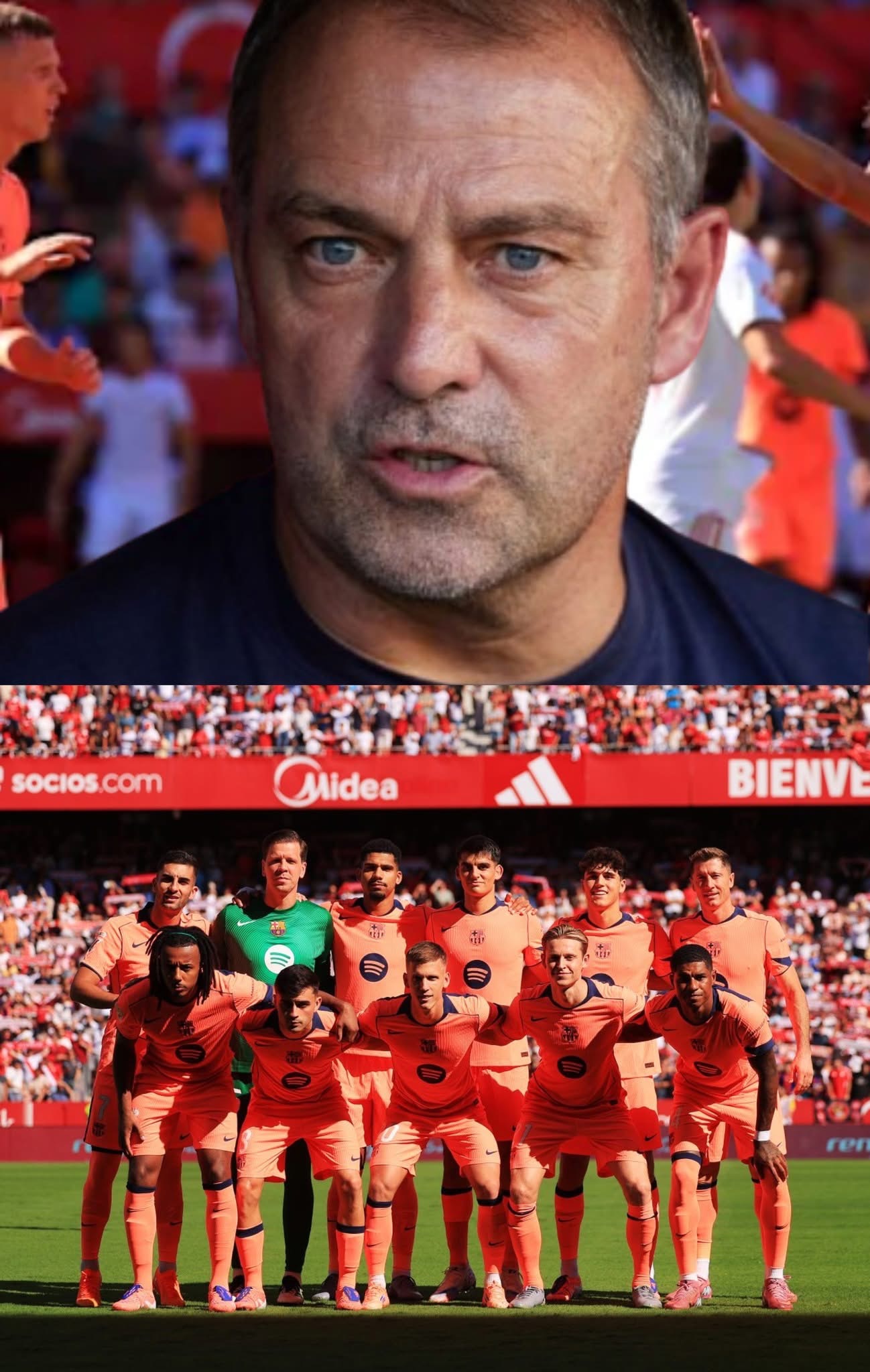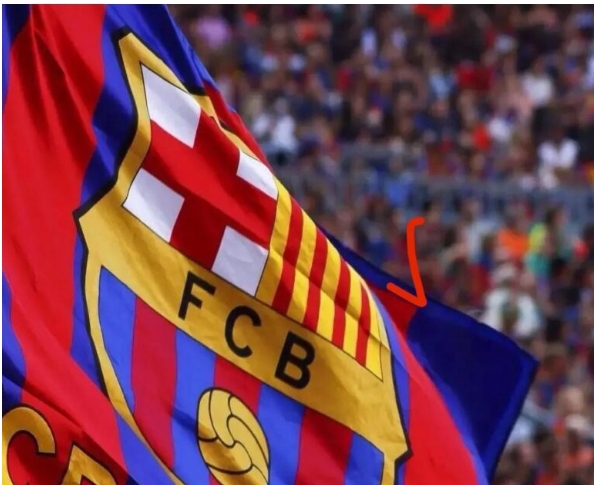Since Manchester City’s dominant 2018-19 campaign, a striking pattern has emerged in English football: no team that has begun the season by lifting the Community Shield has gone on to claim the Premier League title. This trend challenges the popular notion that the Community Shield win serves as a springboard for league success. Instead, it highlights the unpredictability and sheer difficulty of sustaining top performance over an entire Premier League season.
The Community Shield, often regarded as a ceremonial curtain-raiser, is a one-off match that pits the previous season’s league champions against the FA Cup winners. While winning it can boost confidence, it doesn’t necessarily reflect a team’s long-term preparedness for the brutal test of 38 league games. The Premier League demands consistency, squad depth, tactical flexibility, mental strength, and the ability to manage injuries and form fluctuations—qualities that one early-season trophy alone cannot guarantee.
Liverpool’s current strategy seems to recognize these complexities fully. Rather than rushing for quick wins or placing too much emphasis on early silverware, they appear to be adopting a more measured and thoughtful approach—much like playing chess instead of checkers. While checkers is relatively straightforward and reactive, chess involves anticipating your opponent’s moves, planning multiple steps ahead, and carefully positioning your pieces for long-term advantage.
This approach manifests in Liverpool’s patient squad rotation, tactical adaptability, and investment in nurturing talent over time. They are building a team capable of enduring the highs and lows of the Premier League, rather than relying solely on short bursts of brilliance. This means accepting that short-term setbacks, such as not winning the Community Shield, do not derail their ultimate goal of league success.
By “playing chess,” Liverpool are focusing on sustainable excellence rather than momentary triumphs. They are emphasizing strategic depth, mental resilience, and long-term planning—key elements for breaking the recent pattern and reclaiming the Premier League title. This mindset highlights an evolved football philosophy where intelligence, foresight, and patience outweigh the desire for immediate gratification.
In conclusion, Liverpool’s approach reflects a mature understanding of modern football’s demands. It’s not just about winning trophies early in the season; it’s about enduring the challenges of a relentless league and positioning oneself to emerge as champions at the end. Their “chess, not checkers” mentality may well be the key to rewriting history and bringing the Premier League trophy back to Anfield.




